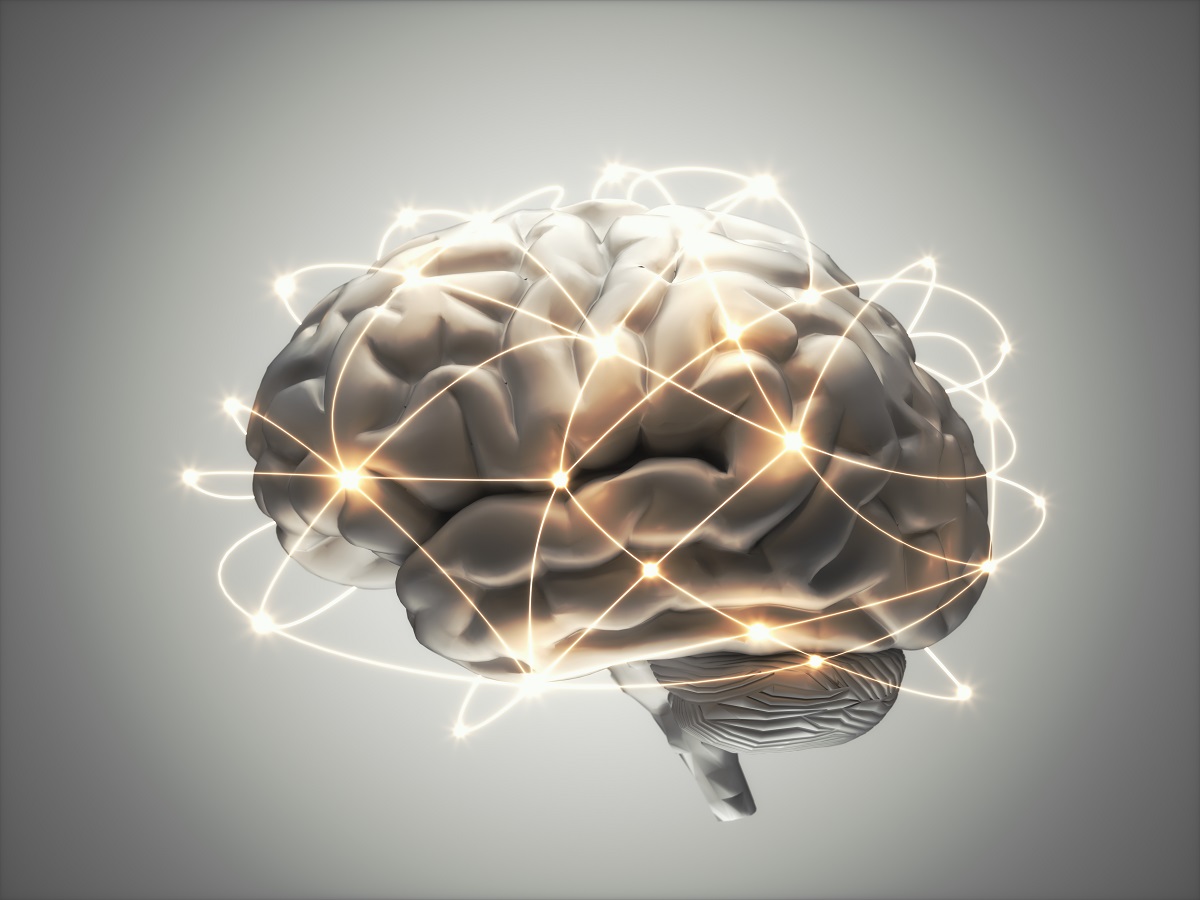Treatment for depression takes several forms, with no one-size-fits-all solution. Many people with depression struggle to find relief from medications such as SSRIs, which may also come with uncomfortable side effects. However, there is an alternative: transcranial magnetic stimulation (TMS) is a non-pharmacological, non-invasive treatment that uses magnetic pulses to…
What Are the 4 Main Causes of Depression?
March 16, 2023
Depression is a mood disorder that can affect anyone, regardless of age, economic status, or ethnicity. Almost 5% of U.S. adults report regular feelings of depression. (1) Higher rates of depression have been linked to old age (2) and difficult socio-economic conditions (3), but there is no single cause. People…
HIV, AIDS, and Mental Health
March 2, 2023
Mental health problems do not necessarily happen in isolation. They can also arise in relation to physical diseases. In this article, we look at how HIV/AIDs can affect mental health. What Is HIV? Is It Different From AIDS? Although most people associate these two acronyms with each other, many don’t…
Mental Health Is a Human Right, and Should Be Treated as Such
February 20, 2023
All humans, no matter country or creed, are concerned with our health. Our minds and bodies are fundamental aspects of our existence, independent of other factors such as age, gender, ethnicity, or socio-economic status. Our health affects our ability to work, earn a livelihood, care for others, and participate in…
Can TMS Help With BPD?
February 6, 2023
Transcranial magnetic stimulation, also known as TMS, has become an increasingly popular treatment for certain mental health disorders, primarily depression. But research has shown that TMS therapy also has a positive effect on individuals with borderline personality disorder (BPD). Symptoms of Borderline Personality Disorder Borderline personality disorder affects around 5.9%…
What Actually Happens During dTMS Treatment?
January 23, 2023
Deep transcranial magnetic stimulation (dTMS) is a therapy that works by moderating brain activity to restore balance in neural networks. dTMS technology uses magnetic pulses to affect positive changes in the brain and, by doing so, can help reduce symptoms of many mental health conditions. dTMS therapy has been proven…
TMS Therapy vs EMDR
January 16, 2023
Transcranial magnetic stimulation (TMS) and eye movement desensitization and reprocessing (EMDR) are two kinds of therapy used to treat symptoms of numerous mental health conditions. While they treat many of the same conditions, TMS and EMDR are completely different procedures. What Is TMS? Transcranial magnetic stimulation (TMS) has been gaining…
New Year’s Resolutions For Your Mental Health
January 9, 2023
“New year, new me!” is a common refrain heard every January, and it’s true that this time of year offers the opportunity to start fresh and break the unhealthy patterns of the past. Resolutions pertaining to physical fitness, such as joining a gym or eating healthier, are certainly beneficial. But…
Managing Your Mental Health During Christmas
December 23, 2022
Christmas can be a trying time for many of us, despite its typical association with togetherness and joy—in fact, those very expectations can just add to the pressure on our mental health. Depending on our circumstances, the holiday period can affect our mental health in different ways. Studies show that…
Stress, Depression and the Holidays: Tips for Coping
December 21, 2022
While the holiday season can be a wonderful time of year, it can also be demanding and stressful. These celebrations often include travel, hosting guests, planning, preparing meals, and spending lots of money. Add to that, it’s flu and cold season, and the days are at their shortest and darkest…









